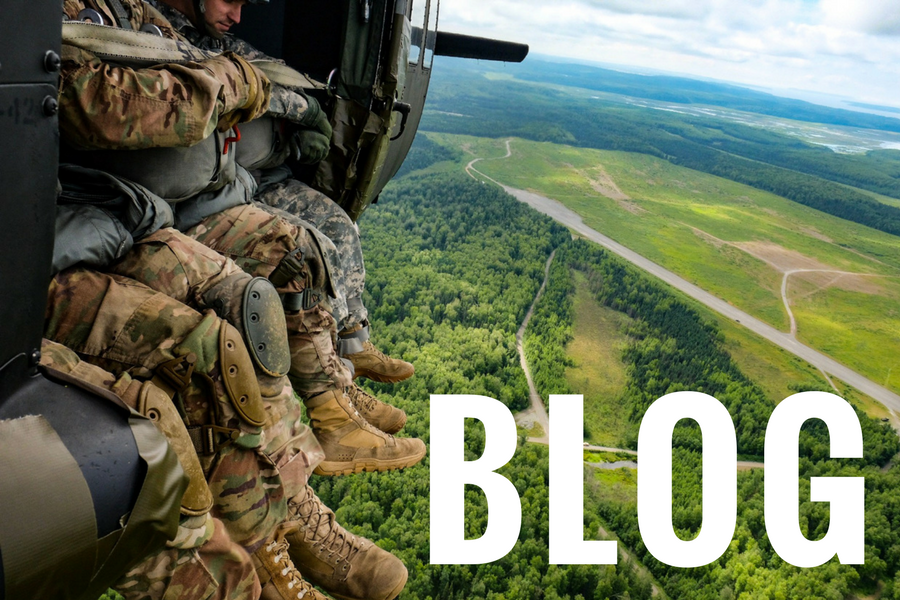Veterans & Food Insecurity

Military personnel, during and after service, can face particular risk for food insecurity. While this is not the case for all service members, those who do face food insecurity can have a hard time getting out of it.
Frequent moves from base to base often force recruits and their families to rely on the salary of the active-duty member. Bases can be remote and stable careers hard to find for spouses of military personnel. Often, even with both spouses working, their income is not enough to pay for childcare, housing, transportation, food and other household necessities. To get a better sense of food insecurity among active duty service members, we recommend NPR’s recent article, “When Active-Duty Service Members Struggle to Feed Their Families.”
For veterans, there is no guaranteed salary, and for those who return home with physical disabilities or mental illness, finding a job becomes increasingly difficult. While not everyone encounters problems finding employment, those that do face potential poverty, homelessness, and food insecurity.
Recently, we looked into the households with veterans we served in FY2017 and found some interesting trends:
- On average, they’re annual income is 62% of the federal poverty line
- They receive food 19% more often than families overall
- They’re twice as likely to be homeless

The veterans who need our help are in dire situations – unemployed, homeless, or in chronic need for help feeding themselves and their families. Earlier this year [link to article] we expanded our service area to include Hines VA Hospital’s Freedom’s Path residential facility, providing low-income veterans with access to our programs and services.
